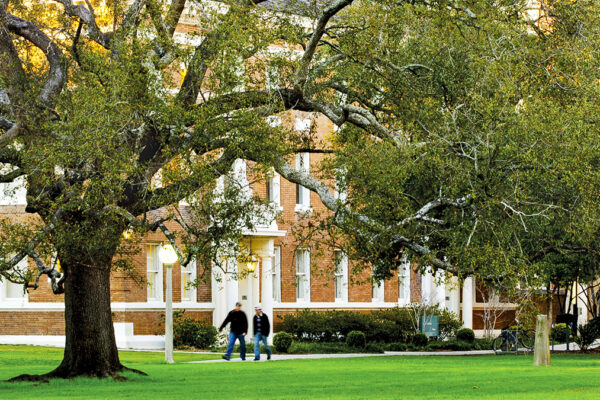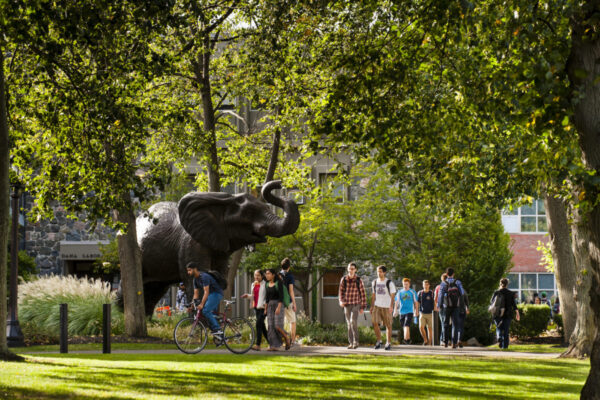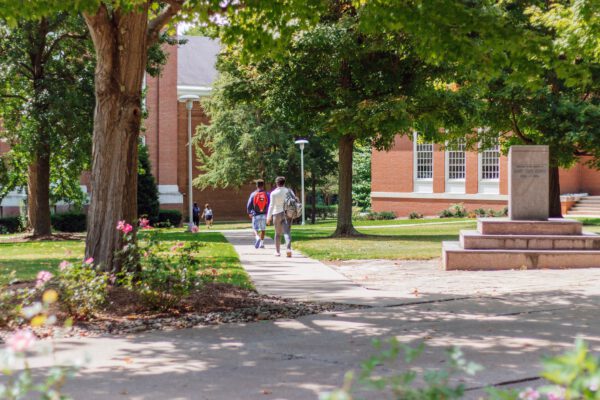All Posts

On Scandal, Trust, and the Role of College Presidents in Times of Crisis
ACE partnered with researchers from the USC Rossier School of Education to field a national survey of college and university presidents to better understand their viewpoints on college admissions and public trust in higher education. Read the survey results along with some equity-focused strategies that could strengthen the process.

Maximizing Your Dean Team
Creating a team that can effectively work together is key to the success of the entire academic enterprise. Read advice on how to manage that process from retired CAOs Michael A. Gealt and B.J. Reed.

Higher Education’s Challenge: Disability Inclusion on Campus
When developing a culture of inclusion, colleges and universities have specific responsibilities to students with disabilities to ensure they can learn and achieve their goals.

Supporting Students Through Faculty Professional Development
Marielena DeSanctis, college provost and senior vice president for academic affairs and student services at Broward, recently spoke with Sherri Hughes, ACE’s assistant vice president of professional learning, about the impact of the ACUE program on faculty development, equity, and student success.

Civic Engagement and Democracy: How to Make the 2020 Election Meaningful for Students
No matter which candidate wins the upcoming presidential election, campus leaders have a role in maintaining civility, promoting civic engagement, and celebrating the democratic process. Six participants from ACE’s Community of Practice on Civic Engagement and Democracy talk about how colleges and universities can make a difference.

Bridging Divides, Public Work: A Call to Action for Higher Education
In these times of stress, higher education needs to reclaim its democratic role as bridge builder and commit to what might be called a “higher partisanship” beyond partisan warfare—that is, a forceful commitment to the democratic process itself without favoring any particular viewpoint.

Last Call for Democracy: A Message for College and University Leaders
Nancy Thomas and Adam Gismondi of the Tufts Institute for Democracy & Higher Education ask higher education leaders to take a stand for student voting rights during these contentious times, engage the big questions about our democracy’s health, and protect academic freedom and the right of educators to discuss political issues with students.

Celebrating Democracy, No Matter the Outcome
No matter which candidate wins the upcoming presidential election, campus leaders still have a role in maintaining civility, promoting civic engagement, and celebrating the democratic process. Read about how ACE’s new community of practice on civic engagement is helping make the election more meaningful to students.



